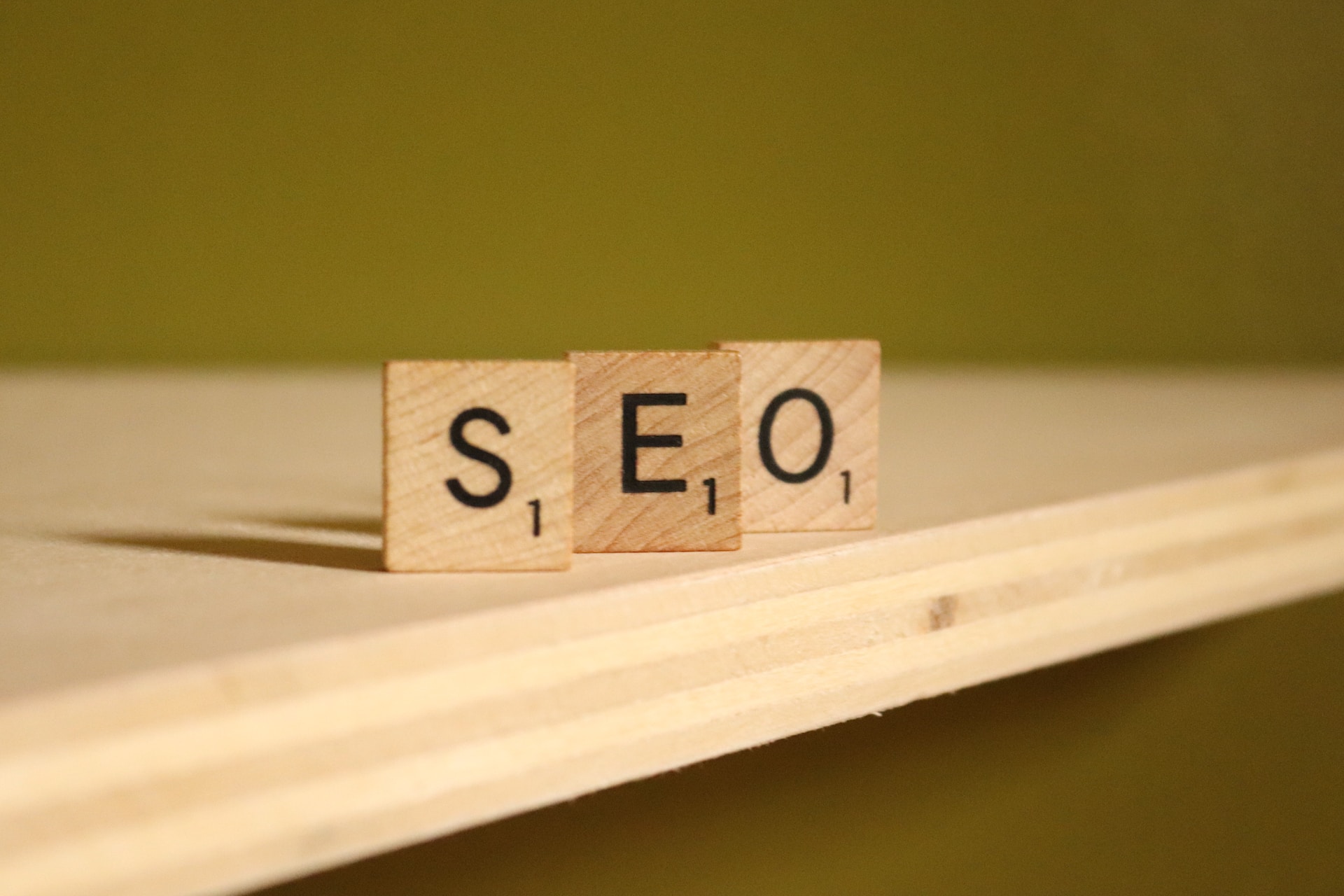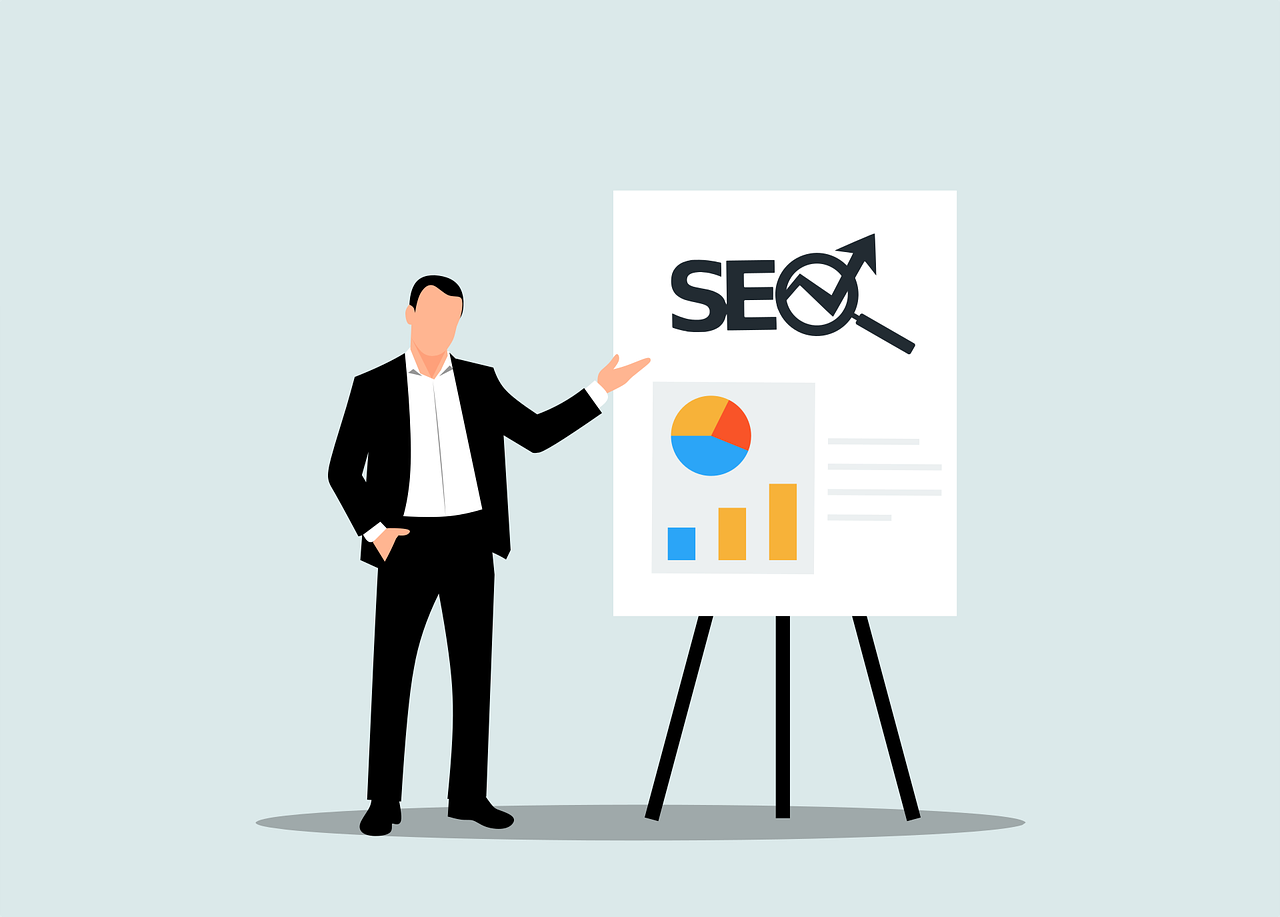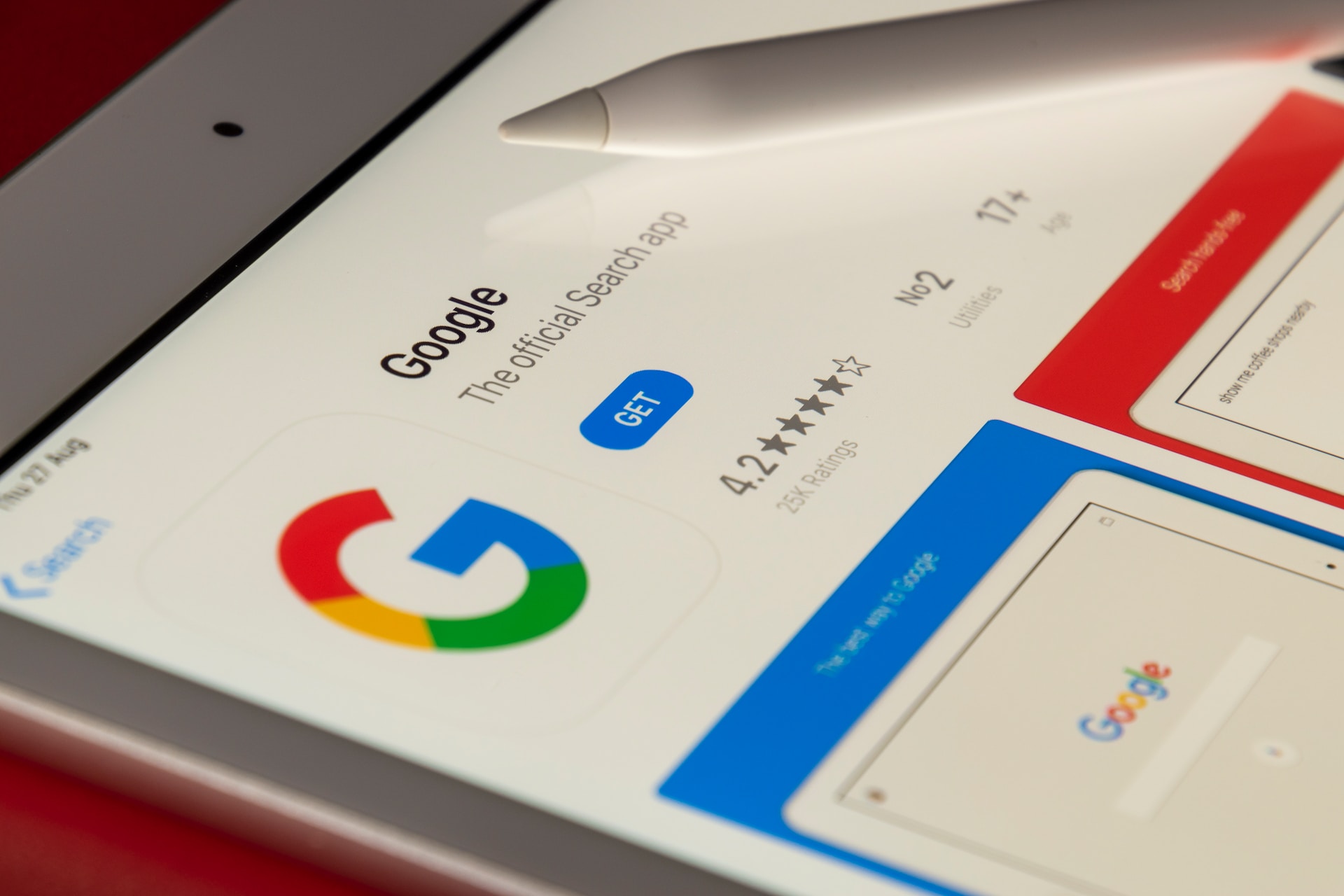SEO Versus PPC – Differences, Pros, Cons, and Unraveling the Strategies for Online Success
Businesses are constantly challenged with the task of reaching their target audience effectively. With numerous online marketing strategies available, two powerful contenders often dominate the arena: Search Engine Optimization (SEO) and Pay-Per-Click (PPC) advertising. Both strategies are designed to enhance online visibility and drive traffic to websites, but they operate on fundamentally different principles. In this guide, we will discover SEO and PPC, and explore their nuances, strengths, and weaknesses. By the end, you will have a profound understanding of these strategies, enabling you to make well-informed decisions tailored to your specific business needs.
The Foundation: Understanding SEO
What is SEO?
SEO, or Search Engine Optimization, is the process of optimizing a website to improve its visibility and ranking on search engine results pages (SERPs). In simpler terms, it involves making specific changes to your website design and content to make it more attractive to search engines like Google, Bing, and Yahoo. The goal of SEO is to increase organic, or non-paid, traffic to your website.
SEO comprises a range of techniques and strategies, including:
- Keyword Research: Identifying the specific words and phrases (keywords) that potential visitors might use to find your content. These keywords are then strategically integrated into the website’s content.
- On-Page SEO: Optimizing individual web pages to rank higher and earn more relevant traffic in search engines. This involves optimizing elements such as title tags, meta descriptions, headers, and content.
- Off-Page SEO: Building a website’s reputation and authority by earning backlinks from other reputable websites. Off-page SEO also includes social media marketing and influencer outreach.
- Technical SEO: Ensuring that the technical aspects of your website are optimized for search engines. This includes improving site speed, ensuring mobile-friendliness, and optimizing site structure for better navigation.
- Local SEO: Optimizing a website to rank better for local search results. This is crucial for businesses with physical locations targeting local customers.
- Content Creation: Developing high-quality, relevant, and valuable content that caters to the needs of the target audience. This content not only engages visitors but also attracts natural backlinks, enhancing the website’s authority.
- User Experience (UX) Optimization: Improving the overall user experience of the website, including navigation, page load times, and mobile responsiveness. Search engines favor websites that offer excellent user experiences.
SEO is essential for businesses and website owners because it helps their sites rank higher in search engine results, increasing the chances of attracting organic traffic. By optimizing their websites for search engines, businesses can enhance their online presence, reach a wider audience, and, ultimately, increase their revenue and brand recognition.
How Does SEO Work?
SEO operates through a myriad of factors, including keyword optimization, on-page and off-page SEO, backlink building, and user experience enhancements. By aligning these elements, businesses can improve their website’s visibility and attract organic traffic. The ultimate goal of SEO is to secure high-ranking positions for relevant keywords, driving targeted visitors to the website.
Strengths of SEO
- Sustainability: SEO offers sustainable long-term results. Once a website achieves high organic rankings, it can maintain its position with consistent effort and monitoring.
- Credibility and Trust: Websites that appear organically in search results are often perceived as more credible and trustworthy by users compared to paid advertisements.
- Cost-Effectiveness: While initial SEO efforts require investment, the long-term benefits often outweigh the costs, making it a cost-effective strategy in the long run.
Weaknesses and Cons of SEO
While SEO (Search Engine Optimization) is a powerful and essential digital marketing strategy, it’s important to acknowledge its limitations and potential challenges. Here are some cons of SEO:
- Time-Consuming: SEO is a long-term strategy. Achieving significant results often takes time, sometimes several months or even years, especially for competitive keywords and industries. It requires ongoing effort, patience, and consistent optimization to maintain and improve rankings.
- Uncertain Results: SEO success is not guaranteed. Search engine algorithms are complex and constantly evolving, making it challenging to predict exactly how and when changes will impact a website’s ranking. A strategy that works well today might become less effective in the future due to algorithm updates.
- Highly Competitive: In many industries, numerous businesses are vying for the same top spots in search results. Competing with established websites and large corporations can be daunting, especially for small businesses or startups with limited resources.
- Technical Expertise Required: SEO involves technical aspects such as website coding, site structure, and server configurations. Implementing advanced SEO strategies often requires technical expertise, and mistakes can negatively impact a website’s visibility.
- Dependency on Search Engines: SEO relies heavily on search engines like Google. Any changes in search engine algorithms can significantly affect a website’s ranking, traffic, and overall online visibility. This dependence on external platforms can make SEO strategies vulnerable to unexpected fluctuations.
- Constant Monitoring and Adaptation: SEO is not a one-time task; it requires continuous monitoring and adaptation to remain effective. Regular updates, content creation, backlink building, and staying current with industry trends are necessary to maintain and improve rankings.
- Quality Over Quantity: In the past, SEO was often associated with keyword stuffing and low-quality content. Modern SEO emphasizes high-quality, valuable content and user experience. Creating meaningful content that engages visitors is crucial, and shortcuts like keyword stuffing can lead to penalties from search engines.
- Negative SEO: Competitors or malicious entities can engage in negative SEO practices, such as creating spammy backlinks to a website, with the intention of damaging its reputation and ranking. Website owners need to monitor their backlink profiles and disavow harmful links to counteract these efforts.
- Algorithm Updates: Search engines frequently update their algorithms to improve user experience and combat manipulative tactics. While these updates aim to enhance the quality of search results, they can sometimes cause significant fluctuations in website rankings, requiring adjustments to SEO strategies.
Despite these challenges, SEO remains an integral part of online marketing. While it may have its cons, a well-executed and adaptive SEO strategy can significantly enhance a website’s visibility, credibility, and user experience over time.
Is PPC good for SEO?
PPC and SEO can complement each other effectively. PPC ads can drive immediate traffic to your website while you work on improving your organic rankings through SEO. Additionally, PPC campaigns can help identify high-converting keywords, which can then be incorporated into your SEO strategy for long-term benefits.
What is the relationship between SEO and PPC?
SEO and PPC both aim to increase a website’s visibility and attract visitors. While SEO focuses on organic strategies, PPC is a paid advertising method. By utilizing both strategies, businesses can cover a wider range of keywords and audience segments, maximizing their online presence.
How is ranking different when comparing PPC vs SEO?
When comparing PPC (Pay-Per-Click) and SEO (Search Engine Optimization) in terms of ranking on search engine results pages (SERPs), there are several key differences:
1. Positioning:
- PPC: Paid ads typically appear at the top of the search results or in prominent positions marked as “Ad” or “Sponsored.” These positions are achieved by bidding on specific keywords in PPC platforms like Google Ads. Advertisers pay each time a user clicks on their ad.
- SEO: Organic search results appear below paid ads. SEO aims to optimize a website’s content and structure so that it naturally ranks higher in these organic search results. Unlike PPC, organic rankings are not achieved through direct payments to search engines.
2. Cost:
- PPC: Advertisers pay a predetermined cost every time a user clicks on their ad. The cost per click (CPC) can vary widely based on the competitiveness of keywords and the quality of the ad campaign. PPC provides immediate visibility but requires a budget.
- SEO: Organic rankings are achieved through optimization efforts, content creation, and backlink building. While SEO requires an investment in terms of time and resources, the clicks generated from organic search results do not incur direct costs, making it a cost-effective long-term strategy.
3. Visibility Duration:
- PPC: Paid ads are visible as long as the advertiser’s budget allows. Once the budget is exhausted, the ads stop appearing, leading to an immediate drop in visibility.
- SEO: Organic rankings, once achieved, provide continuous visibility on search results. While rankings can fluctuate due to algorithm changes or competitors’ SEO efforts, a well-optimized site can maintain its position over a long period without continuous payments.
4. Credibility and Trust:
- PPC: Some users might skip over paid ads, perceiving organic results as more credible and trustworthy. However, this perception can vary among users.
- SEO: Organic results are often perceived as more trustworthy and reliable by users since they are not influenced by direct payments to search engines. Many users trust organic search results over paid advertisements.
5. Click-Through Rates (CTRs) and Conversion Rates:
- PPC: PPC ads can have high click-through rates, especially if well-crafted and targeted. However, the conversion rate (the percentage of clicks that lead to desired actions, such as a purchase) can vary based on the quality of the landing page and the relevance of the ad to the user’s query.
- SEO: Organic search results tend to have lower click-through rates compared to paid ads but often have higher conversion rates. Users clicking on organic results might be more likely to engage with the content, as they are actively searching for specific information or products.
In summary, PPC offers immediate visibility and control over positioning but comes at a direct cost. SEO, on the other hand, provides sustainable organic visibility, potentially higher credibility, and long-term cost benefits but requires ongoing effort and patience. Many businesses find a strategic balance between SEO and PPC to maximize their online visibility and achieve their marketing goals.
The Dynamics of PPC Advertising
What is PPC Advertising?
PPC, on the other hand, is a form of online advertising where businesses pay a fee each time their ad is clicked. Unlike SEO, PPC provides immediate visibility on search engine results pages, making it an attractive option for businesses seeking instant traffic and conversions.
How Does PPC Work?
PPC platforms, such as Google Ads and Bing Ads, allow businesses to bid for ad placement in a search engine’s sponsored links. Advertisers create ad campaigns targeting specific keywords, and when users search for those keywords, the ads are displayed. Advertisers pay the search engine a predetermined fee only when the ad is clicked.
Strengths of PPC
Instant Results: PPC delivers immediate results. Once the campaign is set up and approved, ads can start appearing in search results, driving traffic to the website right away.
Targeted Audience: PPC allows precise targeting based on demographics, location, interests, and even device types. Advertisers can tailor their campaigns to reach highly specific audience segments.
Measurable ROI: PPC offers detailed analytics and reporting tools, enabling businesses to measure the return on investment (ROI) accurately. Ad performance, conversion rates, and costs can be tracked and analyzed.
Weaknesses of PPC
Cost-Per-Click: While PPC offers immediate results, it comes at a cost. Businesses pay for each click, and the expenses can add up quickly, especially for highly competitive keywords.
Dependence on Budget: PPC campaigns rely heavily on budget. Once the budget is exhausted, the ads cease to appear, potentially leading to a sudden drop in website traffic.
Which is easy SEO or PPC?
Neither SEO nor PPC is inherently easy. Both require a deep understanding of the digital landscape, keyword research, and continuous optimization. The choice between them should be based on your business goals and resources rather than the perceived ease of implementation.
Choosing the Right Marketing Strategy
Consider Your Goals and Timeline
When deciding between SEO and PPC, it’s crucial to consider your business goals and timeline. If you need immediate results and have a flexible budget, PPC might be the right choice. However, if you seek long-term, sustainable growth and are willing to invest time and effort, SEO is the way to go.
Evaluate Your Budget
Budget plays a pivotal role in your decision-making process. While SEO offers cost-effective long-term benefits, PPC provides instant results but at a price. Assess your budget constraints and choose the option that aligns with your financial resources.
Analyze Your Target Audience
Understanding your target audience is essential. If your audience is more likely to trust organic search results, investing in SEO might yield better results. On the other hand, if your audience is tech-savvy and often clicks on ads, PPC could be more effective.
Should I learn SEO or Google ads first?
The choice between learning SEO or Google Ads first depends on your immediate needs. If you require immediate results and have a budget for paid advertising, learning Google Ads can help you generate quick traffic. However, if you are building a long-term online presence and want to understand the fundamentals of online visibility, starting with SEO might be more beneficial.
Striking the Balance for Online Success
In the SEO versus PPC debate, there is no one-size-fits-all solution. The choice between the two strategies depends on your business goals, budget, and target audience. Understanding the strengths and weaknesses of each approach empowers you to make informed decisions, ultimately leading to a successful online presence.
SEO offers the promise of long-term sustainability, credibility, and cost-effectiveness, making it a fundamental pillar of online marketing. PPC, with its ability to deliver instant results and targeted traffic, serves as a valuable tool for businesses seeking immediate visibility and conversions.
Ultimately, the most effective approach often involves a strategic blend of both SEO and PPC. By striking the right balance and leveraging the strengths of each strategy, businesses can navigate the complexities of the digital landscape, driving consistent traffic, engaging their audience, and achieving online success that stands the test of time.





